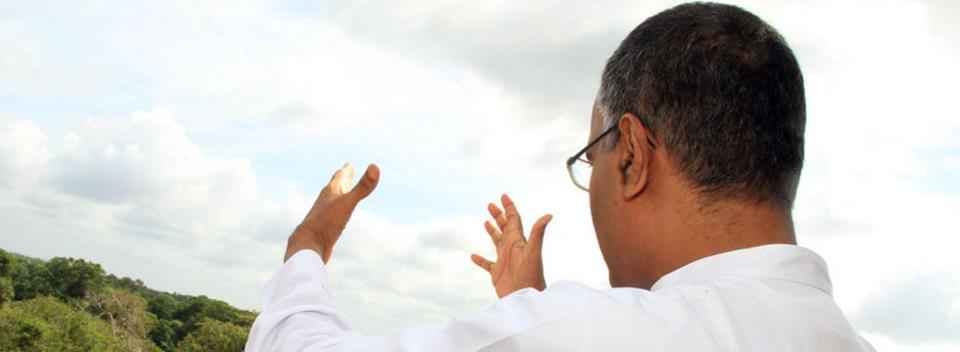JHU Proposes 5-Point Plan To ‘Move On’ After The End Of The War


The Jathika Hela Urumaya (JHU), a minor partner in the UNP-led coalition (United National Front for Good Governance), laid out a five-point plan for the country to put behind it’s bloody past at least with respect to the thorny issues of war-crimes and move ahead into the future.
Addressing a media conference, co-leader of the JHU, Minister Patali Champika Ranawaka said that various opinions have been expressed regarding the issue, pointing out that some want the law to be applied equally to all while others want it selectively applied.
He said that if the law were to be applied equally across the board, then most of the 12,000 LTTE cadres released after a short and cursory period of rehabilitation would have to be apprehended and charged in court, but added that this would not be practical.
‘They were all part of a terrorist organization and many surrendered along with arms,’ he said, pointing out that known LTTE cadres such as ‘KP’, Ram and Nagulan are roaming freely despite their role in terrorism.
On the other hand, Ranawaka took issue with those who are opposed to any legal action against any ‘war hero’. He argued that whereas action in the heat of the battle and in pursuit of a military victory was one thing, abduction, rape, murder and any other infringement prompted by personal objectives are very different.
‘Similarly there are some Tamil politicians both here and abroad who want ex-LTTE cadres left alone and investigations to focus only on members of the security forces,’ he said.
Insisting that the lack of clarity in terms of policy has brought about an impasse, the JHU proposed the following:
A classification/categorization of crimes by LTTE, military and para military groups currently in custody in terms of whether they were related to the conflict and whether they were in the pursuit of personal matters.
All military person currently in custody in relation to war-related incidents should be give a general amnesty.
Similarly, the approximately 60 former LTTE cadres currently in custody should be released immediately on a general amnesty.
Charge immediately those who have been arrested on account of rape, abduction, murder etc.
Once all this is done, we should not return to this particular issue or aspect of the conflict.
‘There is no point in letting this wound fester any longer,’ Ranawaka said, observing that almost a decade has passed since the conflict ended.
He also pointed out that there was an unofficial amnesty that was accorded to all those engaged in violence in the late eighties, both rebels and security forces.
‘Even in South Africa and most recently in Columbia, such processes have served to bring to a close unending haggling over war-related issues.’

